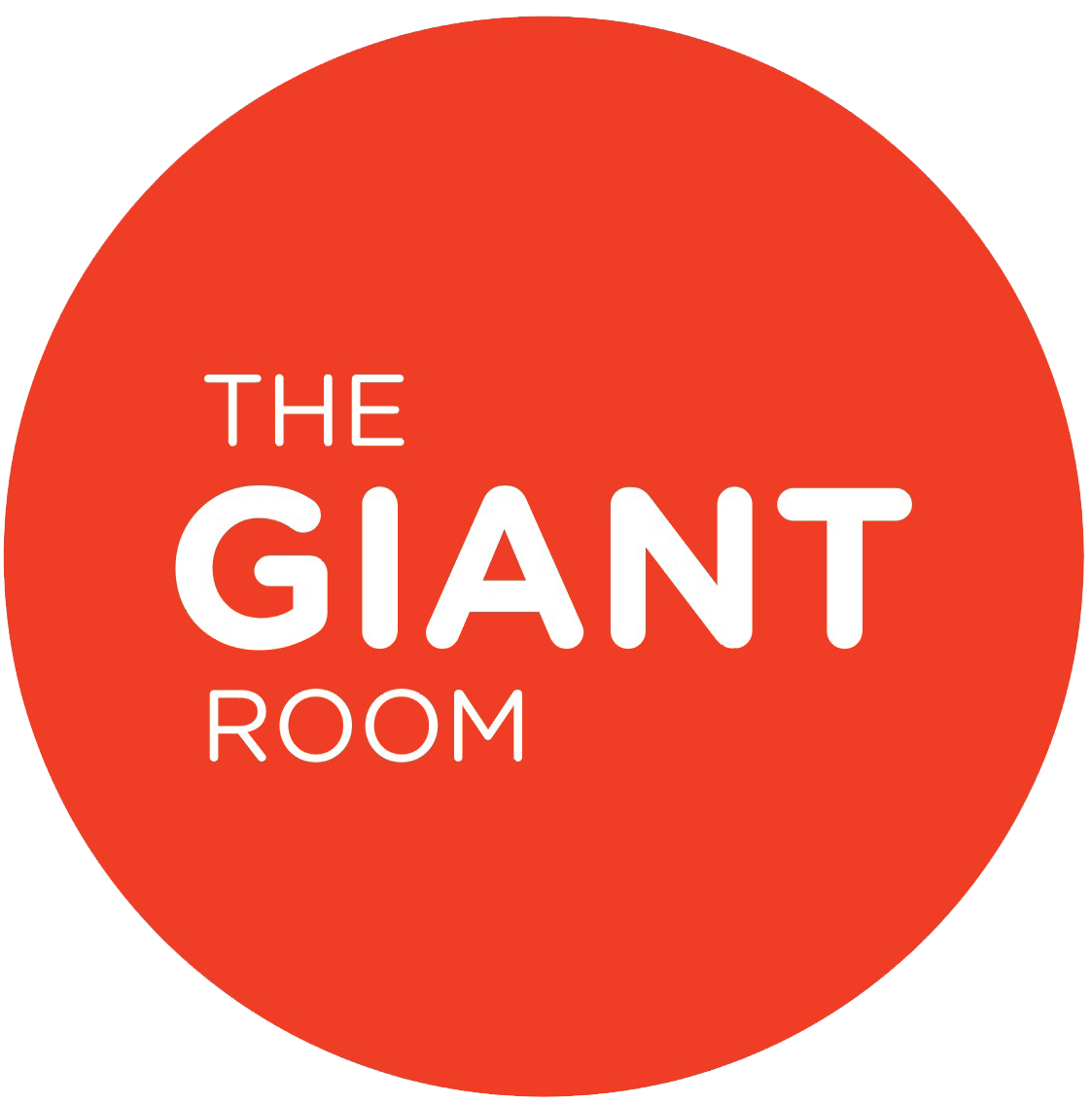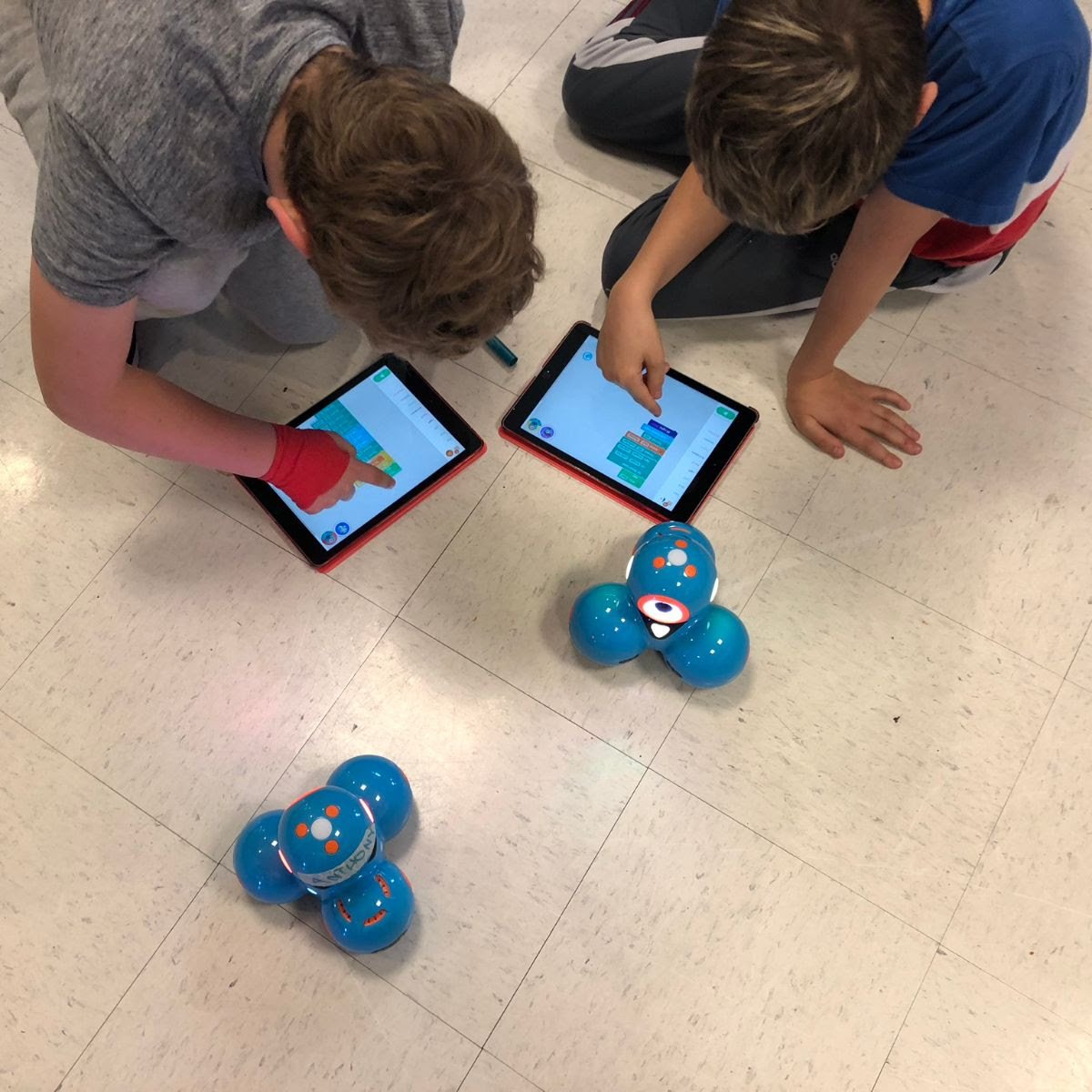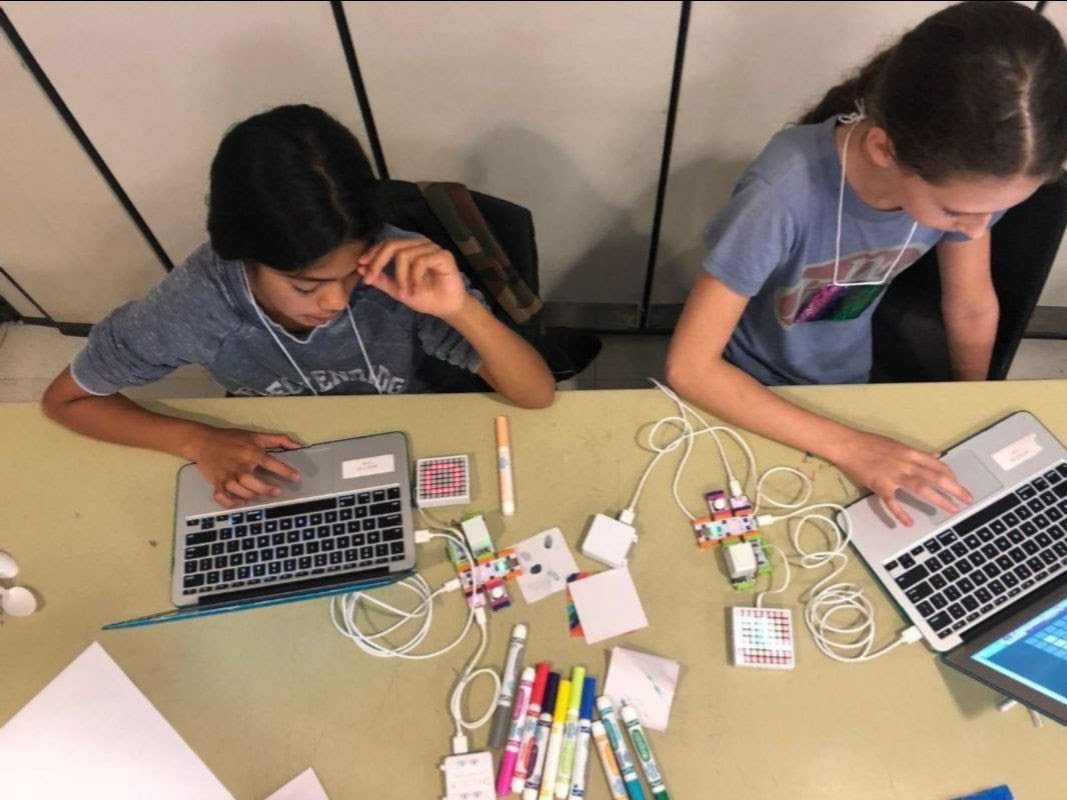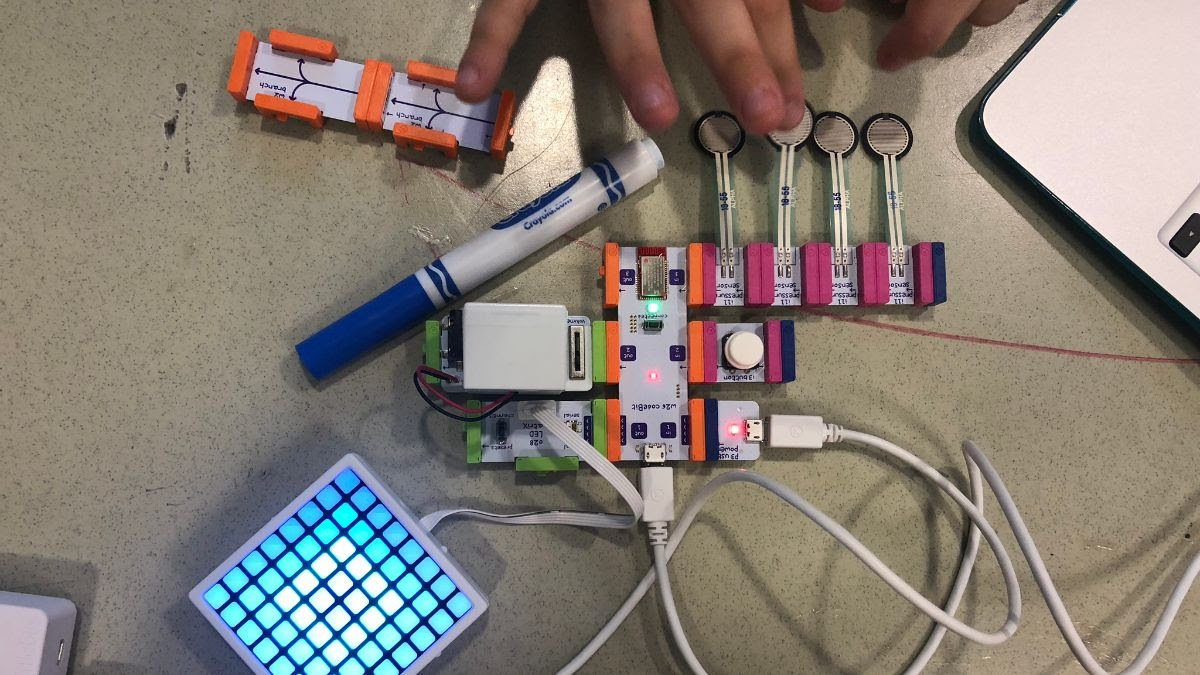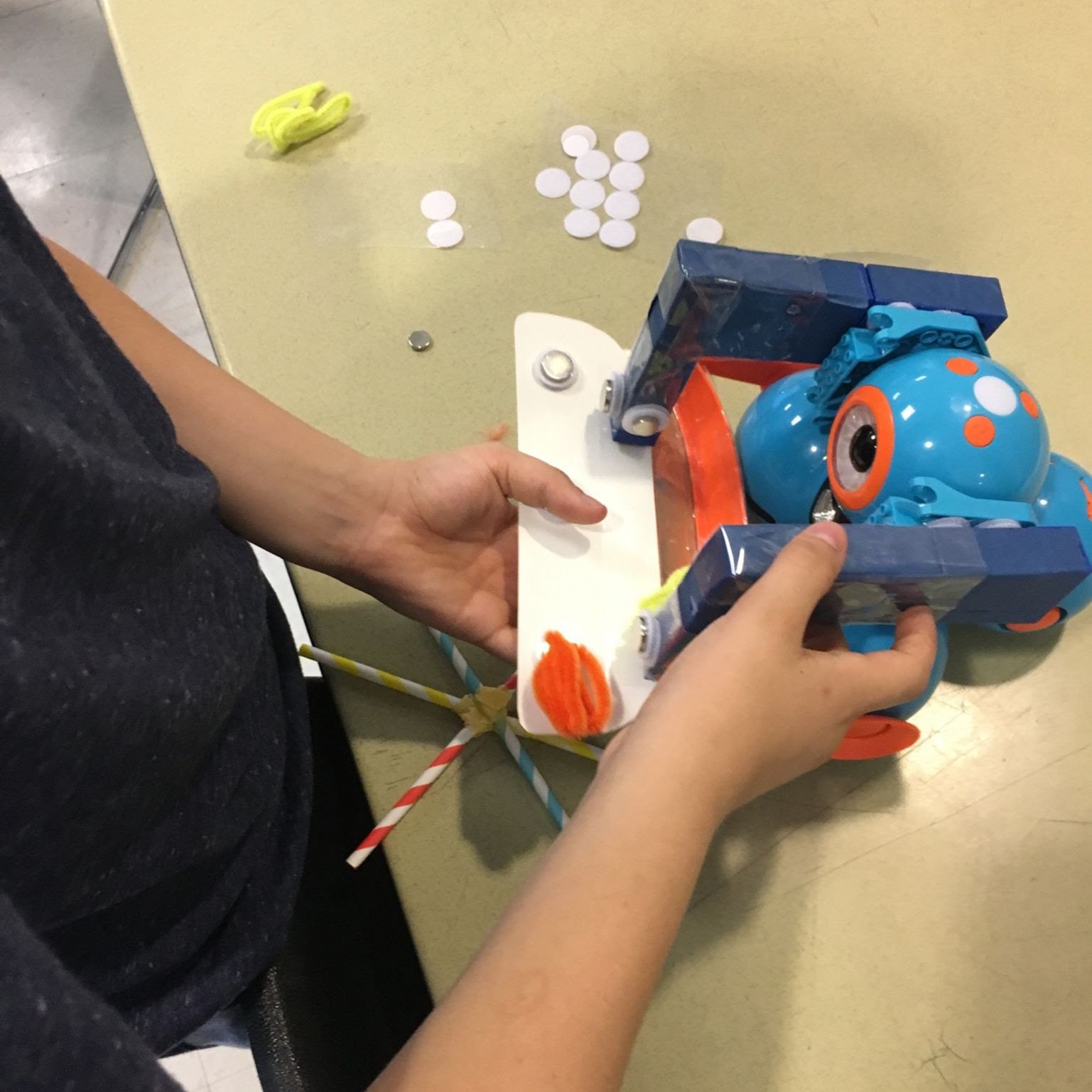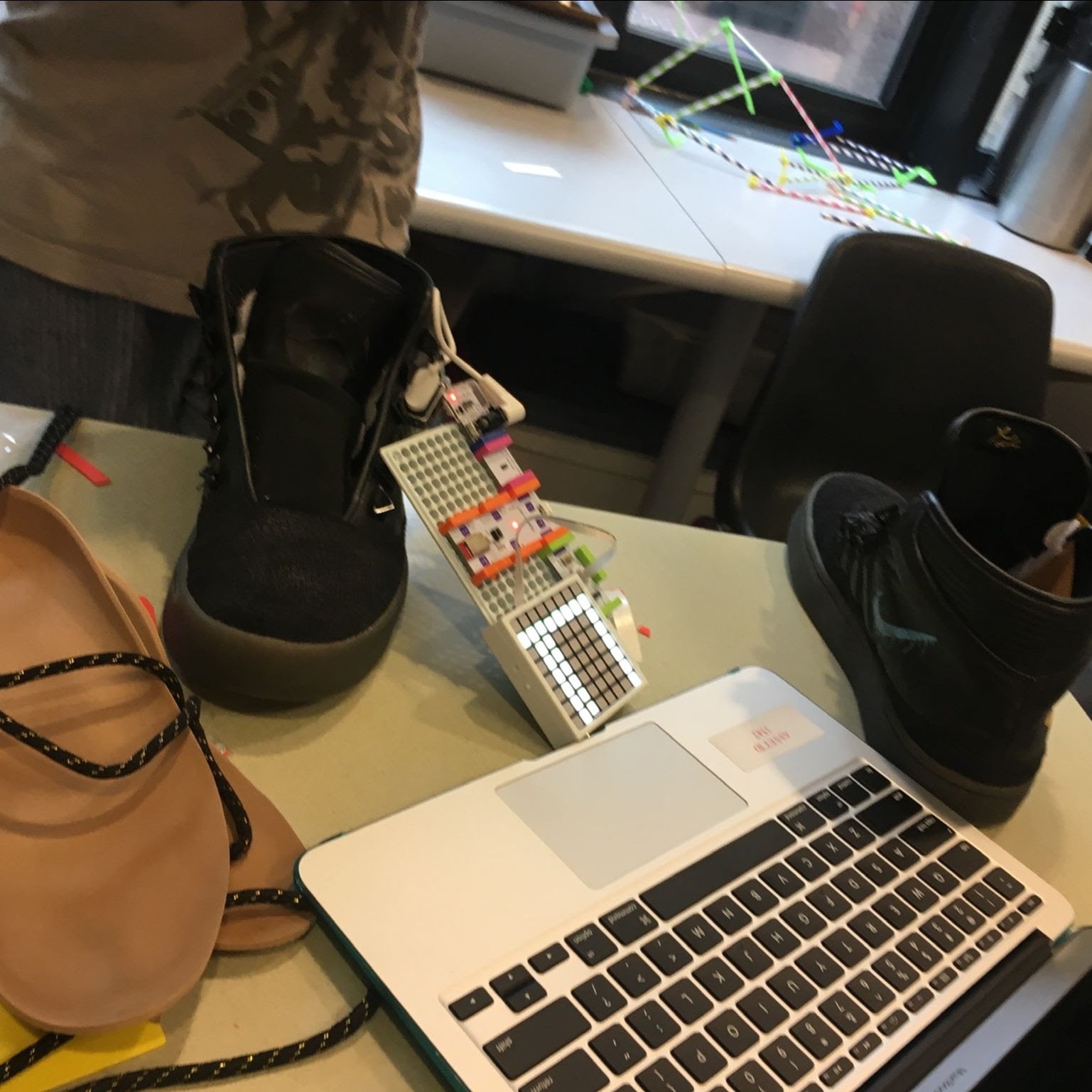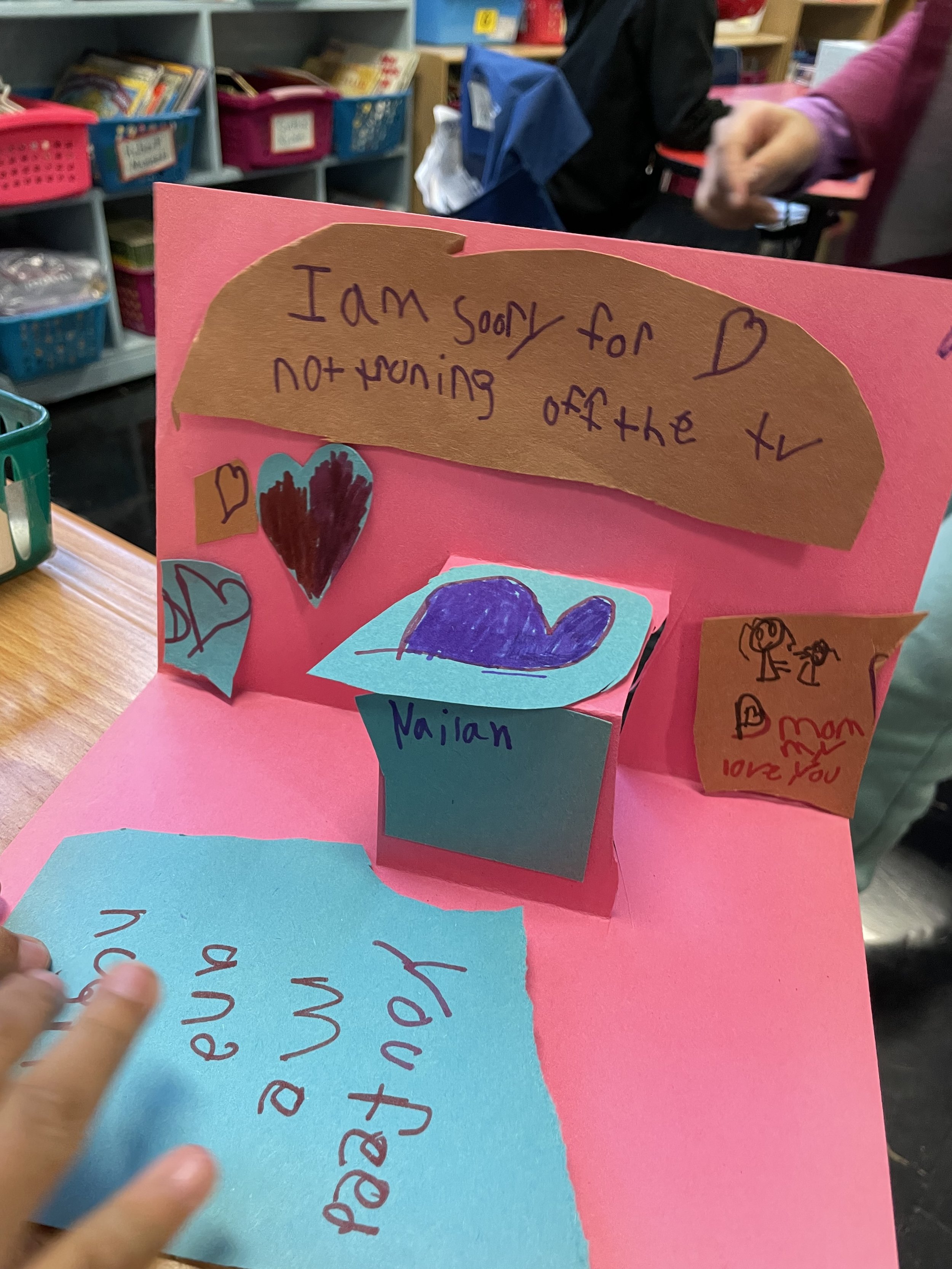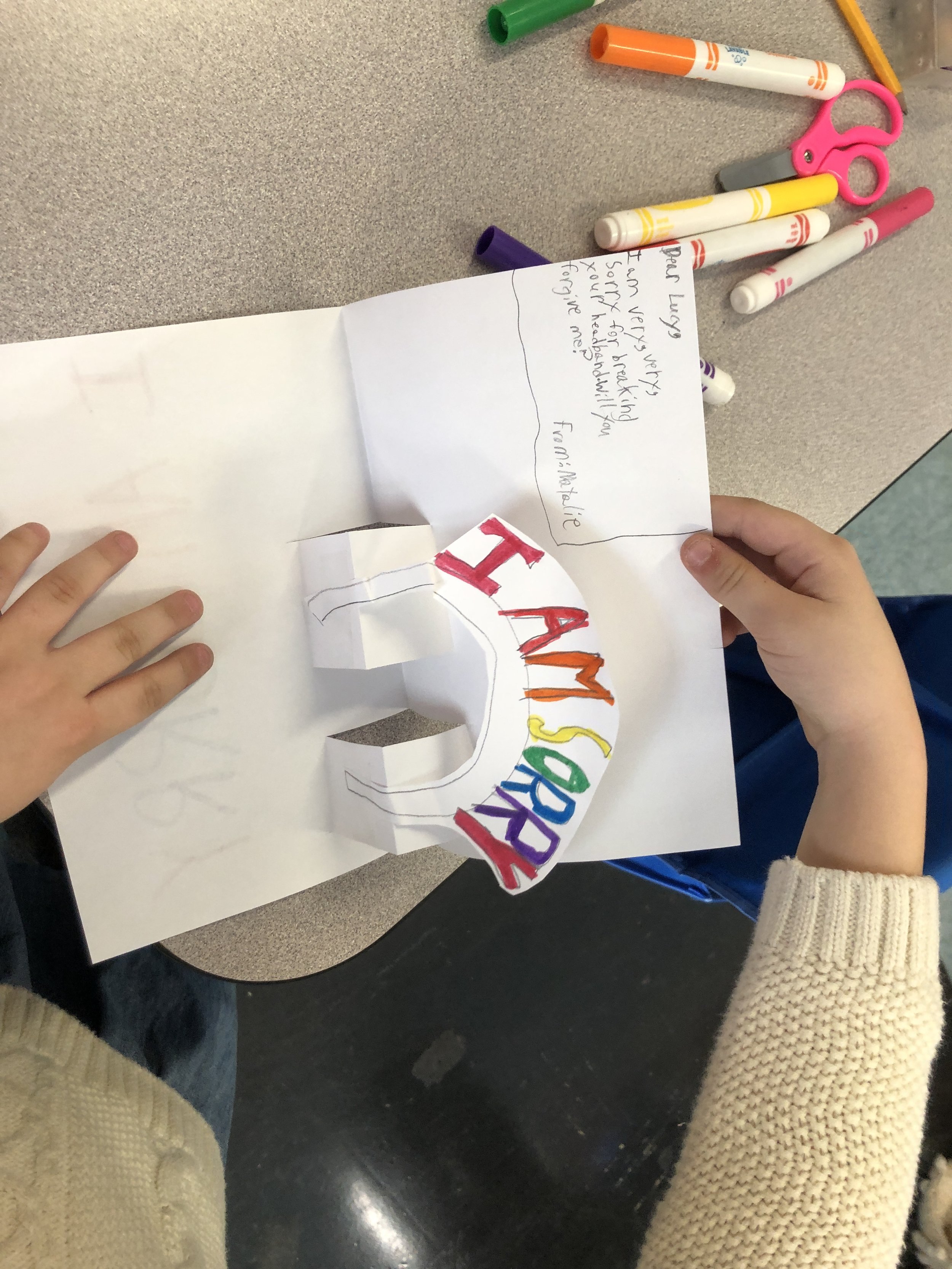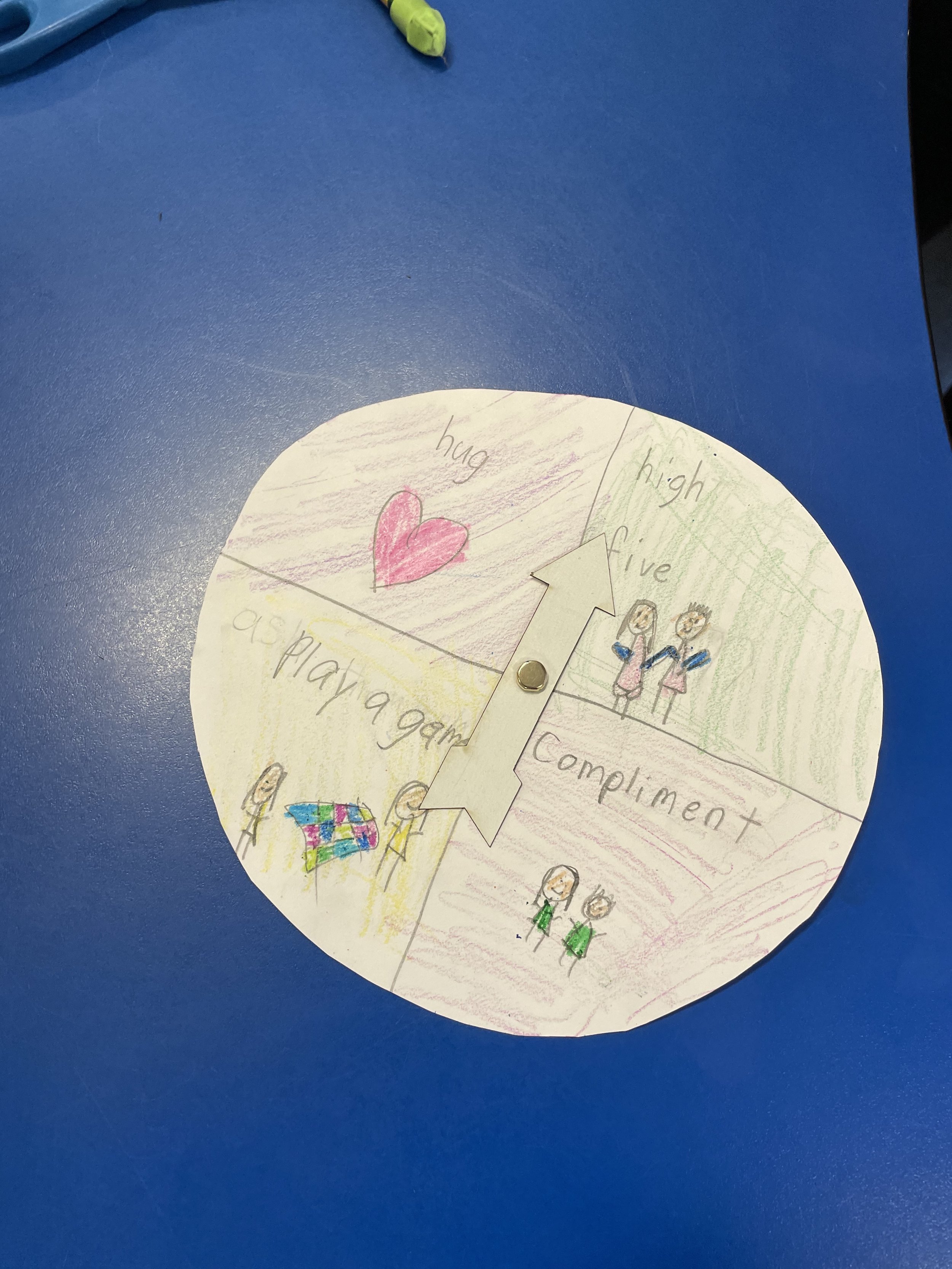Emotions Matter! We should take them seriously.
Human emotions drive learning, decision-making, mental wellness, creativity, relationships, and health. Emotional intelligence has increasingly become a critical part of understanding our children's development. A student’s emotional well-being plays a critical role in their academic engagement, motivation, and relationships. Therefore, attention and initiatives for Social-Emotional Learning (SEL) have grown immensely, elevating the need to ensure all schools implement these methods. The pandemic has only exacerbated the need to pay attention placing SEL at the forefront of the learning recovery effort.
While recently attending the ASU/GSV 2022 Summit, industry leaders, researchers, and startup founders talked about their latest projects and efforts in implementing SEL tools and strategies. One of the field leaders Marc Brackett of the Yale Center for Emotional Intelligence was featured on a panel discussing well-being for success in learning and life alongside other education leaders and researchers like Mary Imordo Yang. Mary is a professor of educational psychology and neuroscience at the University of Southern California and founding director of the USC Center for Affective Neuroscience Development Learning and Education, whose work focuses on redesigning schools around curiosity and civic reasoning. While startup founder Maria Barrera of Clayful pitched their new text-based coaching app looking to provide social and emotional support to all kids and was a top-three finalist in this year’s ASU/GSV Startup Cup. It was a clear trend for ongoing work and emerging technologies to focus on SEL research-backed methods for implementation in communities, schools, and homes. It is helpful to keep a pulse on what leaders and innovators in the field are reading, using, and working on to help us in our own lives and inspire our own work.
How can we systematically measure emotions and use this in our work? Measuring emotions and bringing awareness and literacy skills is one important tenant of the SEL work. Marc from, The Yale Center for Emotional Intelligence conducts research and teaches people of all ages how to develop their emotional intelligence, he was the lead developer of RULER, a systemic evidence-based approach to SEL that has been adopted by over 3000 public independent and charter schools across the United States and in 27 other countries. More recently, since the pandemic, The Yale Center is currently doing a study using the app “How we Feel” (another free emotion tracking tool) and looking at longitudinal data to assess how the COVID-19 pandemic influenced the experiences of a broad range of discrete daily positive and negative affect, how differences in affect are related to demographic variables, exposure to pandemic-related stressors, and preventive behaviors.
At GIANT, we’ve used a free app called the Mood Meter (based on the RULER system) to measure students in a Robotics Afterschool’s emotional state pre and post our sessions to understand emotional reactions to the type of programs we were offering. We hypothesized that allowing participants autonomy by allowing them to build their ideas would have a positive affective outcome. Anecdotally, we saw these outcomes as kids would report alterations in their emotional state from things like “hungry”,”ok”, “content” “exhausted”, “bored”, “tired”, “restless” “annoyed” “calm”, “mellow” “drained” from the beginning of workshops to “excited”, “joyful”, “ecstatic”, “proud”, “playful” “energetic”,” creative” “cheerful”, “motivated” “inspired” “happy” “focused” at the end of the experience where they were inventing new things. Below is a snapshot of some of the participants during the session.
How do we know SEL works? And how can we help others participate in offering this work?
Social-emotional learning is not new but has quickly become one of the most pressing movements of our time. Considering the learning losses during the pandemic and the mental health crisis upon us, there is an immense need for SEL programming across aspects of children’s lives, from time spent in schools, and afterschool enrichment, to children’s media and technology. The US government has issued a learning recovery plan, including the American Rescue Plan (ARP) Act of 2021, representing a $123 billion infusion in K-12 education, including support for social and emotional learning (SEL). Decades of research have demonstrated the effectiveness of SEL for supporting students’ academics, behaviors, mental health, and long-term success. The research body continues to grow and in recent efforts to assist leaders and policymakers in this opportunity to use the funds, CASEL has released this new policy brief, The Three Highest Priority Investments to Make in SEL with American Rescue Plan Dollars to guide those involved in doing this work.
At GIANT, we recognize the need to integrate SEL and have been developing programs and implementing them with school partners and our own offerings. We have been building off the SEL framework from the Collaborative for Academic, Social, and Emotional Learning (CASEL). From designing sessions on friendships, empathy, fairness, forgiveness, mindfulness, self-care, and more, we have a range of activities and hands-on experiences that align with CASEL’s five competencies: Self-Awareness, Self-Management, Social Awareness, Relationship Skills, and Responsible Decision-Making. One SEL project we worked on with our neighbor school PS 33, was for a K-5th grade SEL program focusing on forgiveness. Each week children were prompted with different aspects of forgiveness, from working on communication and self-expression skills to practicing anger management techniques through creative STEAM projects. You can see some of the projects from this work or read more details in this blog.
